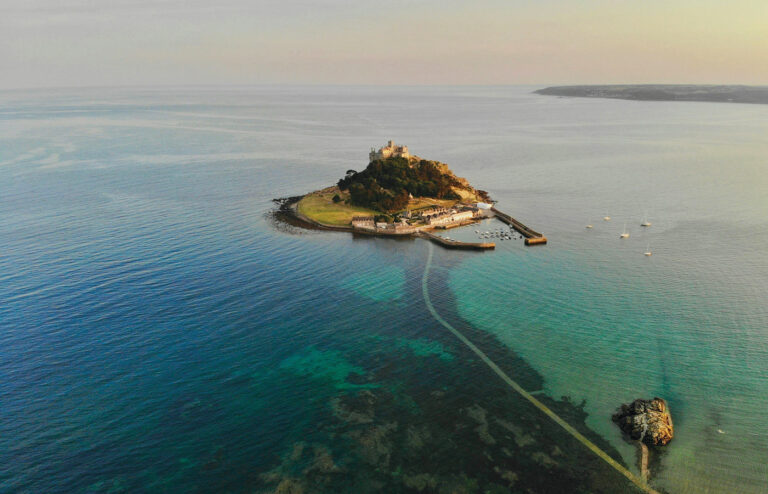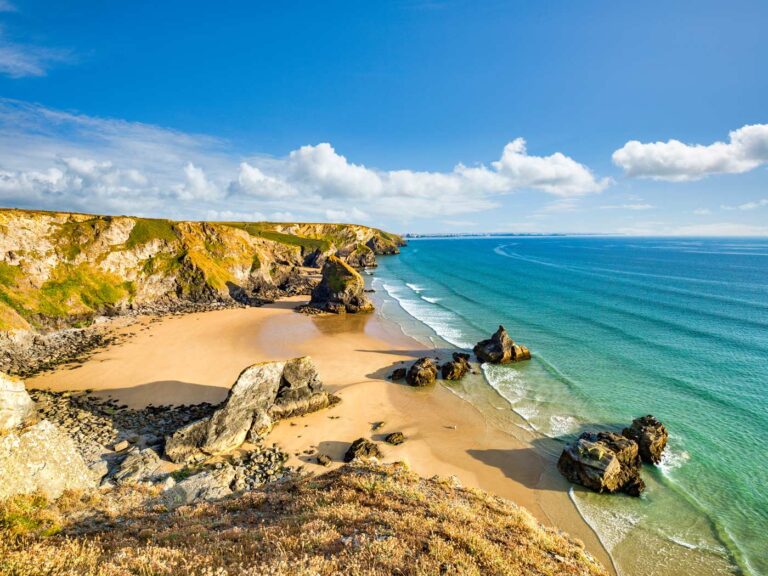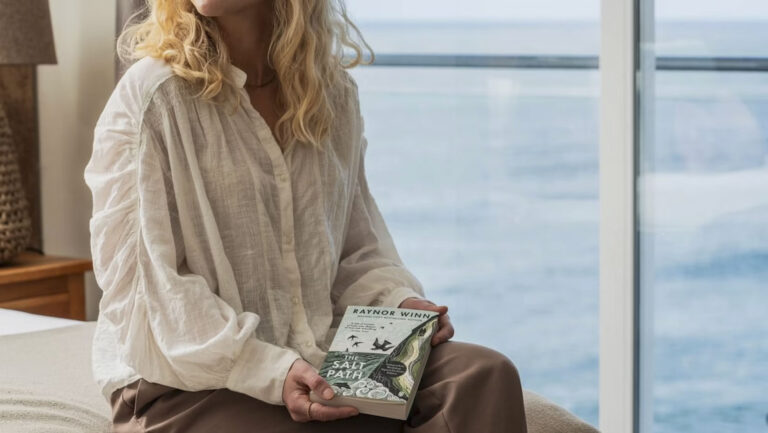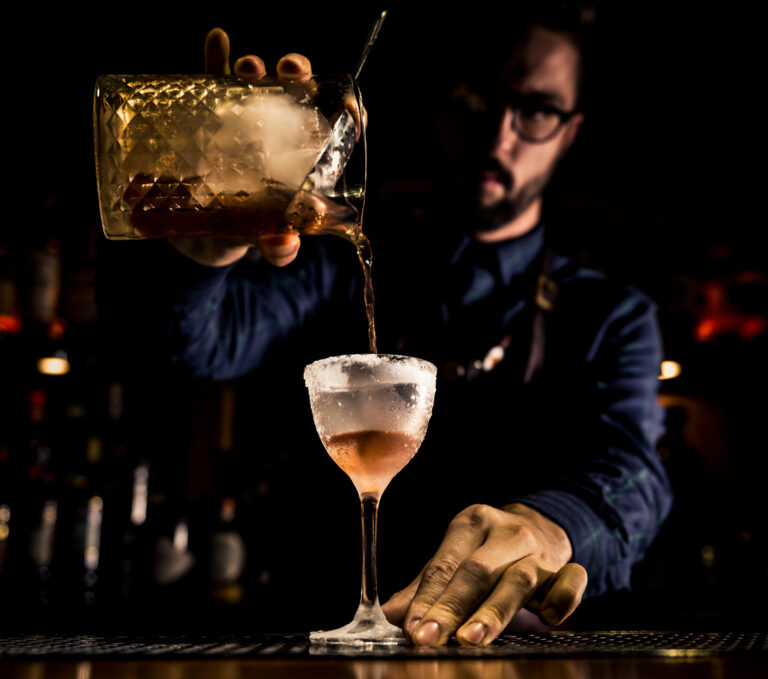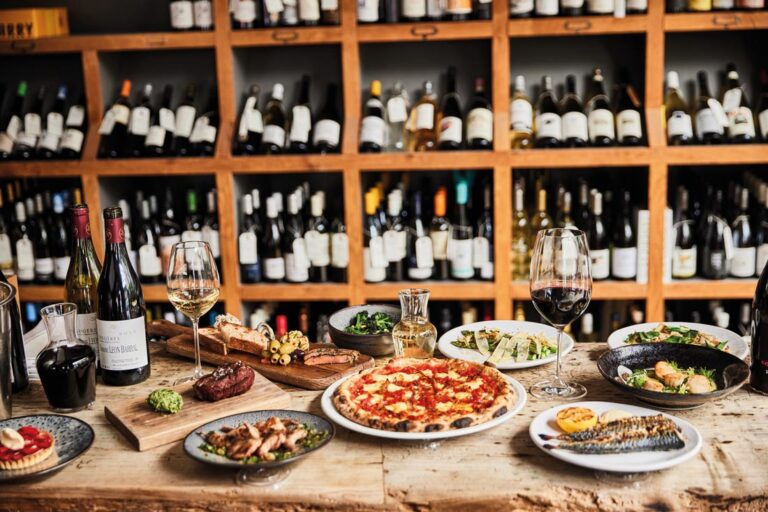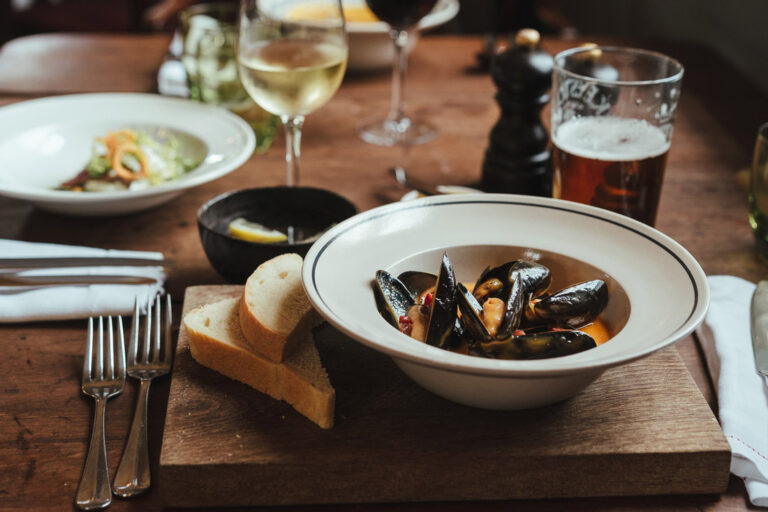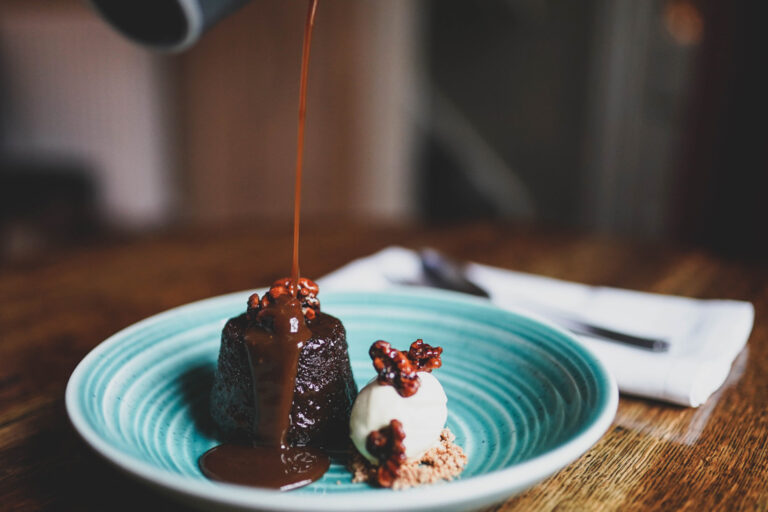Sustainable seafood: pipe dream or possibility?
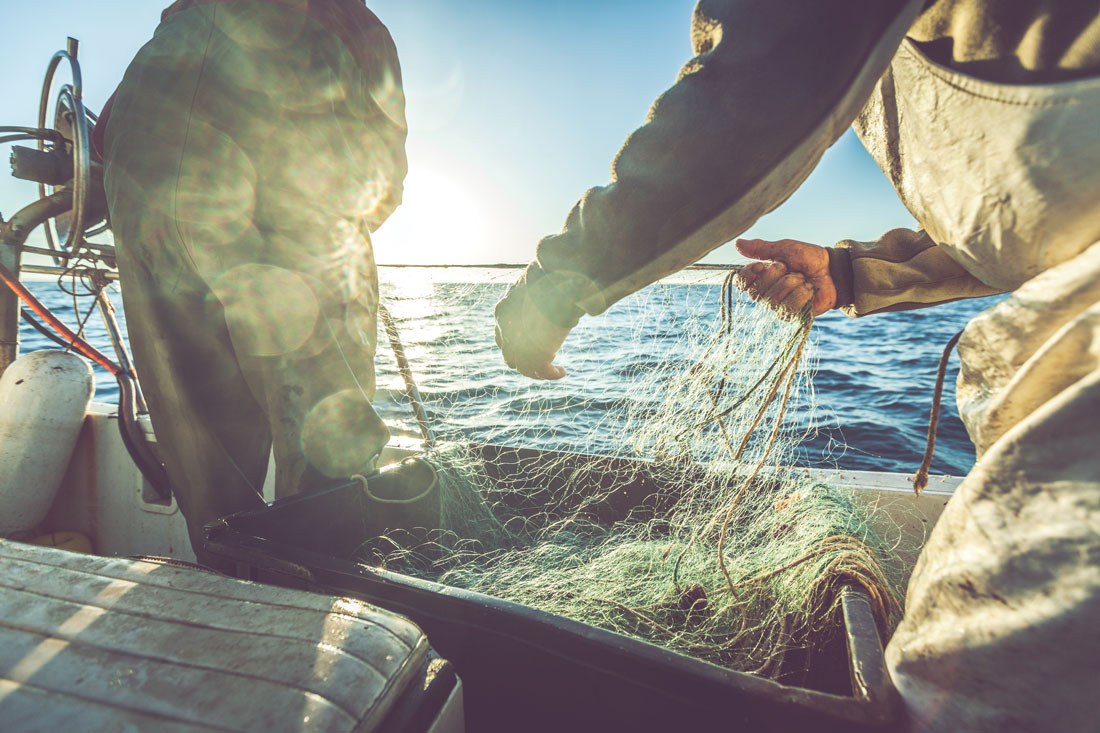
Feeling guilty about eating seafood since watching Seaspiracy? Or avoiding the Netflix documentary altogether to save yourself from cutting the line on your favourite fish dishes? Kathryn Lewis asks chef and restaurateur Mitch Tonks if it really is possible to eat seafood sustainably
Seaspiracy rocked the boat this year when it revealed the scale of the environmental impact from large-scale commercial fishing. Some consumers resolved to give up seafood for good, while others questioned the veracity of the facts presented in the documentary.
Whatever your reaction, Seaspiracy certainly sparked a wide-reaching conversation around sustainable seafood, and inspired many to ponder the implications of their food’s journey from ocean to oven.
‘I watched the documentary with interest and there were some very shocking facts,’ says Mitch. ‘However, the film was an extreme take on the issue and I don’t think it covered every aspect of the fishing industry, which resulted in it being very polarising.
‘I don’t believe anyone wants the practices that were highlighted [gargantuan trawlers minesweeping the ocean floor, for example] to continue, but the South West’s fisheries are very small in comparison to those shown in the film and don’t partake in any of the unethical practices shown [the documentary also revealed mass slaughter of dolphins, and disease-ridden salmon farms].’
The release of the film and the noise it created in the following weeks was alarming for fishermen and restaurateurs who were unsure how public reaction would affect business.
‘British fishermen have suddenly been demonised but, in reality, our waters are well managed and our fishing fleet very small,’ says Mitch. ‘The catch from one of the supertankers mentioned would probably equate to a whole year’s quota from British ten-metre and under boats in one tow. We have a very diverse fishery in the South West where, in addition to small-scale trawlers, traditional methods of potting, rod and line, and handliners are still used.
‘Over the past few years, South West fishermen have been working more closely than ever with scientists to make fishing as sustainable as possible. They’re a progressive bunch who want to do a better job – I’ve seen great headway during my time in the industry.’
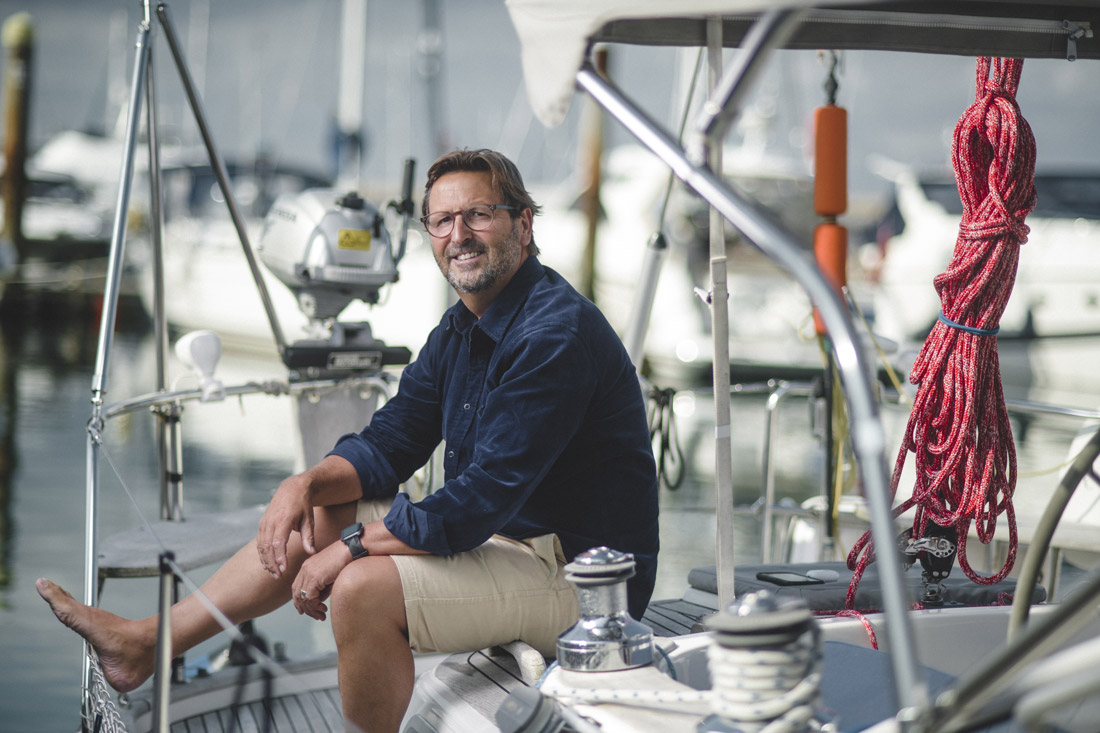
It’s clear South West fishing culture is different from the large-scale commercial operations represented in Seaspiracy, but how easy is it to source truly small-scale fish and seafood?
‘I’d recommend going to your local fishmonger who will know where the fish was landed and, most likely, the fisherman who caught it. If you don’t have a local fishmonger, you can find good quality fish online from trusted sources such as The Cornish Fishmonger,’ says Mitch.
‘Plymouth, Newlyn and Brixham are the three main harbours where fish is landed in the South West. Everything sold at these markets will have been fished in the English Channel, just west of Land’s End.’
Each year a different fish is championed by the media and chefs as the most ethical choice, but Mitch thinks this kind of approach can cause strain on individual species and their supply.
‘It’s much better to eat a diverse selection of fish,’ he says. ‘The South West is termed as a ‘well managed fishery’ which means it is considered to look after the seas well. It’s hard for consumers to keep up with which species are good (or bad) in any particular part of the world, so it’s far better to consider the fishery. If you buy fish caught in South West waters you’re eating the right thing.
‘Enjoy what’s landed and allow that to introduce you to new species. Mackerel, red mullet and mussels are some of my favourite local fish to cook at home. Cuttlefish is another winner at our house as it’s really versatile: you can stew it, cook it in red wine or flash fry it.’
If our South West fishing community is striving for sustainability, it’s important consumers do what they can to support it, especially with Brexit providing further threats and complications. ‘The British fishing industry has shrunk over the past few decades, but I think it’s going to get stronger. There’s a lot of investment in marine farming and a number of new fishing boats are being built, which is wonderful to see. If, as a nation, we continue to increase the amount of locally caught fish and seafood we eat, it’ll help.’
Share Sustainable seafood: pipe dream or possibility? with your friends



